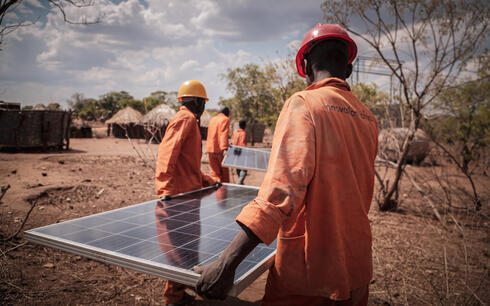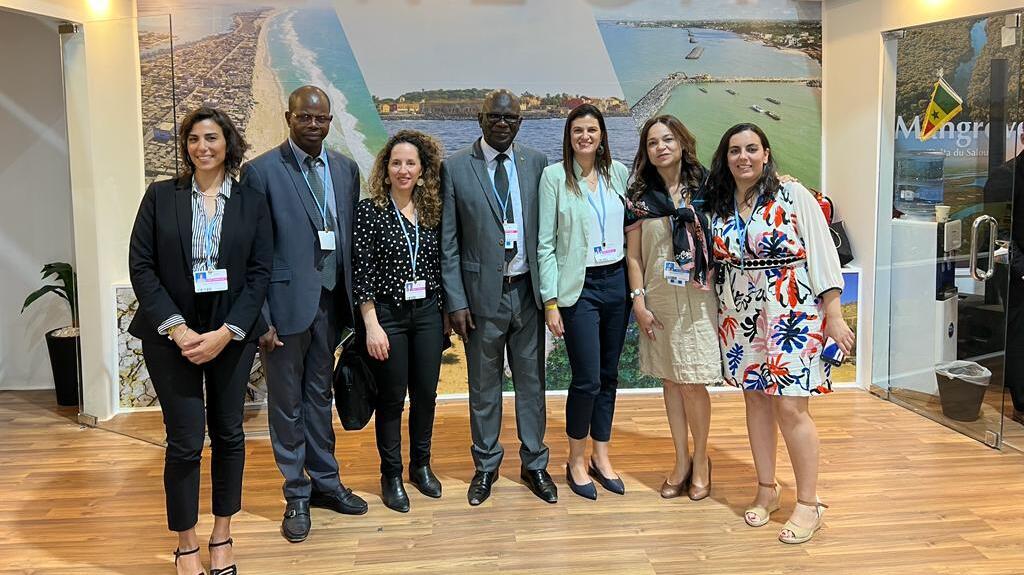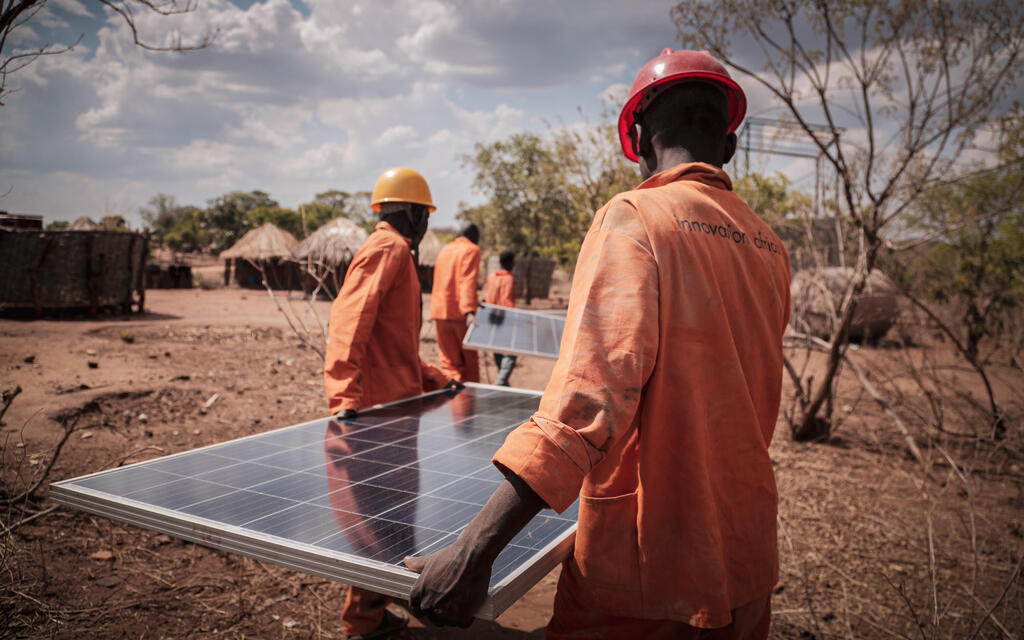
Tech in the South: “The area will overcome”
Many companies located in Israel’s southern region do not enjoy the benefits of others who can work remotely or in different regions due to the type of technology they develop, causing problems for supply chains and research.
Following the 7/10 massacre in Israel which left more than 1,300 people dead, tech communities in and surrounding the Gaza Envelope - the region within 7 kilometers of the border and therefore most at risk of rocket fire and attack from Hamas - have been left deserted.
The south, once a beacon for innovations relating to desertech and water technologies among others, has been affected as companies and families were forced to evacuate the area until the war ended. Unlike traditional tech companies which focus on software and can therefore be moved more easily, southern tech companies are burdened with a dependence on their external environment and have had to leave vast amounts of equipment and research which needs to be attended to for business to continue.
“When we talk about desertech, some of the technologies are software, some are hardware,” explained Sivan Cohen Shachari, DeserTech Manager. The non-profit innovation community is located in Be’er Sheva and is a joint initiative of the Merage Foundation Israel and the Israel Innovation Institute. It promotes the development and economic growth of the Negev focusing on areas such as water scarcity, land irrigation, and remote living, among other issues.
One company it works with is called BugEra, which suffers from this exact issue. It harnesses the natural potential of insects for bio-solutions and relies on ongoing data provided by flies kept in an experimental environment. “If you’re testing your sensor for nitrate in the soil and you don’t keep on taking data from the sensor to the cloud, you cannot know if the sensor is working well enough,” she explained.
The war in Gaza has shined a light on some of the consequences on companies that choose to operate from the south and some of the physical restrictions that might include. Out of the thousands of citizens who have been internally displaced or called up to army reserves, only some can take their physical hardware and research with them to more conventional hubs like Tel Aviv.
Another example comes from a company belonging to agtech incubator SouthUp, which is facing similar challenges. Growee operates an indoor farming apparatus capable of producing private greenhouses. Its founders moved down south to run operations from Nir Am, just one mile from the Gaza border which typically would leave only 15 seconds of warning if rockets are fired at it. “Once the war began, they evacuated with their kids and took their materials to keep producing because they had customers abroad who were waiting for their produce to be shipped to the U.S., Europe, and so on,” Shachari explained.
2 View gallery


The DeserTech Community and UNCCD at the Senegal Pavilion, COP27
(Photo: DeserTech community)
The areas within the Gaza Envelope had attracted billions of dollars of investment in recent years leading up to the war with Hamas. According to Gil Shwarsman, the CEO of SouthUp, the incubator has helped create 250 jobs across 60 portfolio companies in the six years since its founding. It has two locations with a third currently in development.
Shwarsman confirmed that pre-war, 15,000 Gazans would cross the border into Israel each day to work alongside Israelis - something that has obviously stopped in recent months. “We really want to have something like a partner or people we would get from Gaza, but every few years there is a warzone that closes the border,” he explained. “Our idea is to make sure people from the Gaza Envelope, from our kibbutz and moshavs and [areas like] Ashkelon and Sderot, will get better job opportunities for our area.” Currently, companies that choose to establish operations near Gaza receive an additional 75% of their budget requests from the Israel Innovation Authority, up from 50% compared to tech capital Tel Aviv.
Areas like Nir Am, Sderot, Ashkelon, and other kibbutzim are currently navigating another flareup in Gaza, resulting in a lack of manpower and access to tools and services they need to further their development and answer to international customers. However, hubs like SouthUp and DeserTech are confident that folks will return to the region once things calm down.
“The area will overcome,” Shachari concluded. “It’s a very strong ecosystem and I think after everything is over, it is a huge opportunity for startups to take advantage of what the Negev is offering and develop more technologies that would be in need for the Negev and around the world when you deal with climate issues. There will be a great opportunity once the war is over.”
Companies who operate in the Gaza Envelope (7 kilometers from the border) are invited to share their story with CTech using the form in the link here.














